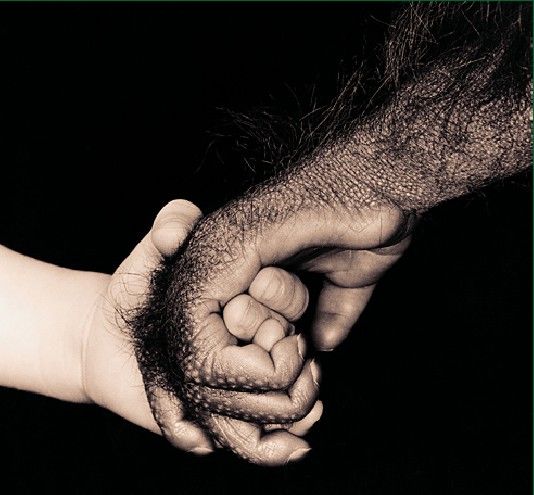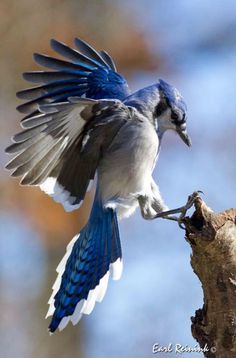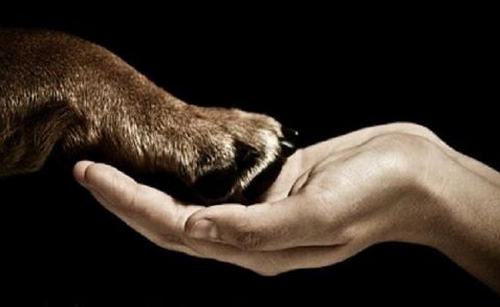It’s important to have relationship with animals that aren’t your pets. And I’m not just talking about a birdfeeder in the backyard. But what does a relationship with animals in the wild mean?
 To hear the language of animals, the languages of man must be completely silent within one. Then animals will be drawn to you, and will give you insights that shatter everything you think you know about nature.
To hear the language of animals, the languages of man must be completely silent within one. Then animals will be drawn to you, and will give you insights that shatter everything you think you know about nature.
A few years ago, after an intense meditation in a quiet part of the municipal parkland, with the mind totally quiet and attentive, I began my usual walk on the paths that wend through the park.
One is extremely sensitive in that state, aware of everything happening around you because the usual self-centered chatter of thought has wholly ceased. As I made a turn onto a long straight, I saw an animal about 200 meters ahead that looked like a dog. I recall thinking however, that’s not a dog.
Another step and it disappeared into the brush. I thought no more of it, but when I got to the place where I first glimpsed it, there it was, a healthy coyote, standing on a log about 10 feet away waiting for me! I’d never been close to one before, much less seen one in Lower Park, which runs through town. Nor has anyone I’ve talked with about the encounter.
Our eyes locked, and one of the most intense experiences I’ve ever had with animals transpired. Because the mind-as-thought was deeply quiet, there was no emotional reaction of fear, nor did any mental images and ideas intrude. I simply looked into the coyote’s eyes, and it looked into mine. The species barrier evaporated. We were just two intelligent, terrestrial animals gazing at each other.
For at least 10 seconds we both stared unmoving. Then an even stranger thing happened. For a second or two, it felt like our perspectives switched, and one was looking at the man through the eyes of the coyote, and the coyote was looking at itself through the eyes of the man. I’d never experienced such mirroring, but now I’m sure it’s possible.
Before this incident I didn’t think or know much about Native American lore and mythology, in which the coyote plays a central role. But afterward, I realized that thousands of years of people living close to nature before contact with European “civilization” had yielded experiences like this, whether people were shamans or not.
I don’t want to romanticize animals however. I once witnessed a jay commit murder on a starling. Humans aren’t the only animals that can go wrong, though arguably when animals go wrong it may be because of the proximity of humans and their influence.
It was during the winter, and the creek was a whitecapping torrent, rushing headlong to the Sacramento River and the San Francisco Bay. Again the mind was quiet, without reaction, judgment and choice, and I watched as a few jays squawked angrily at a flock of starlings in their territory.
Jays are one of the smartest birds, and starlings must be one of the dumbest. The starlings were ignoring the jays, which repeatedly warned them to leave their territory. The jays were getting angrier and angrier as the starlings flew back and forth in front of them over the creek.
Suddenly, just before the flock of starlings flew by again, one of the jays, which seemed to be the leader of the little tribe, flew straight up into the air from a branch on the opposite side of the stream. With perfect timing, the jay dive-bombed into the flock of starlings, driving one of them into the raging current.
The starling squealed bloody murder as it bobbed downstream to its death. There was no doubt. The jay intentionally, and with malice aforethought, killed the starling.
They starlings instantly disappeared, and I swear, the jays sang with chilling glee to each other. It was enough to make you think nature really is just “tooth and claw,” and humans simply an extension of the violence and aggression that permeates the natural world.
That’s not a valid philosophy however. We are the only species that has broken the bond of niche, fitting nowhere and dominating everywhere. We are the only species that every other species fears, and that hunt for sport rather than need. (Although the way Orcas sometimes play catch with small seals they’ve driven off ice floes before eating them makes one wonder if there are exceptions to that rule as well.)
Is it that the smarter the animal, the more inclined it is to evil? Or is it that evil only arises from the minds of sentient, potentially sapient creatures such as humans?
These questions don’t have answers, but when asked along with undivided observation, they yield insight and compassion.
Paradoxically, they also help illuminate our underlying evolutionary commonality with all animals with which we share the earth.
Martin LeFevre

